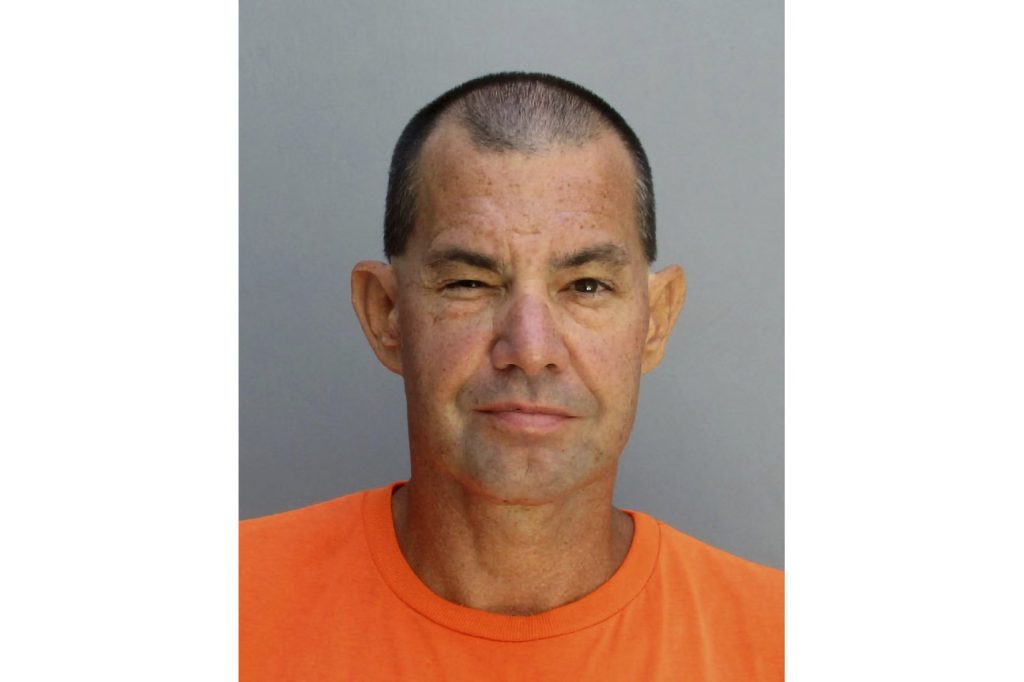An Arizona prisoner is asking to be executed sooner than the state wants

PHOENIX (AP) — An Arizona death row prisoner asked the state’s highest court to skip legal formalities and schedule his execution earlier than authorities were aiming for, pushing as he had in the past to have his death sentence carried out.
Aaron Brian Gunches’ execution would mark a resumption of Arizona’s use of the death penalty after a two-year pause while it reviewed its procedures.
In a handwritten court filing this week, Gunches asked the state Supreme Court to schedule his execution for mid-February for his murder conviction in the 2002 killing of Ted Price.
Advertisement
Gunches, who isn’t a lawyer but is representing himself, said his death sentence is “long overdue” and that the state was dragging its feet in asking the court for a legal briefing schedule leading up to the execution.
Attorney General Kris Mayes’ office, which is seeking Gunches’ execution, said a briefing schedule is needed to ensure corrections officials can meet execution requirements, such as testing for the pentobarbital that will be used for his lethal injection.
Two years ago, Gunches asked the Arizona Supreme Court to issue his execution warrant, saying justice could be served and the victim’s families could get closure.
Gunches had been set to be put to death in April 2023. But Gov. Katie Hobbs’ office said the state wasn’t prepared to enforce the death penalty because it lacked staff with expertise to carry out executions.
Hobbs, a Democrat, had promised not to carry out any executions until there was confidence the state can do so without violating any laws. The review Hobbs had ordered effectively ended in November when she dismissed the retired federal magistrate judge she had appointed to head the review.
Advertisement
Gunches pleaded guilty to a murder charge in the shooting death of Price, his girlfriend’s ex-husband, near the Phoenix suburb of Mesa.
Arizona, which has 111 prisoners on death row, last carried out three executions in 2022 following a nearly eight-year hiatus brought on by criticism that a 2014 execution was botched and because of difficulties obtaining drugs for execution.
Since then, the state has been criticized for taking too long to insert an IV for lethal injection into a condemned prisoner.
The Associated Press
Advertisement